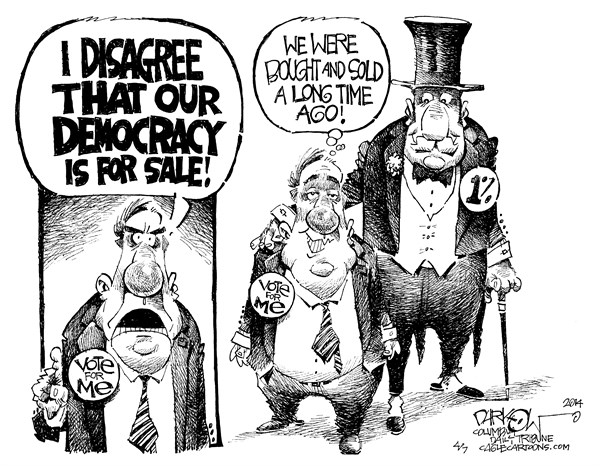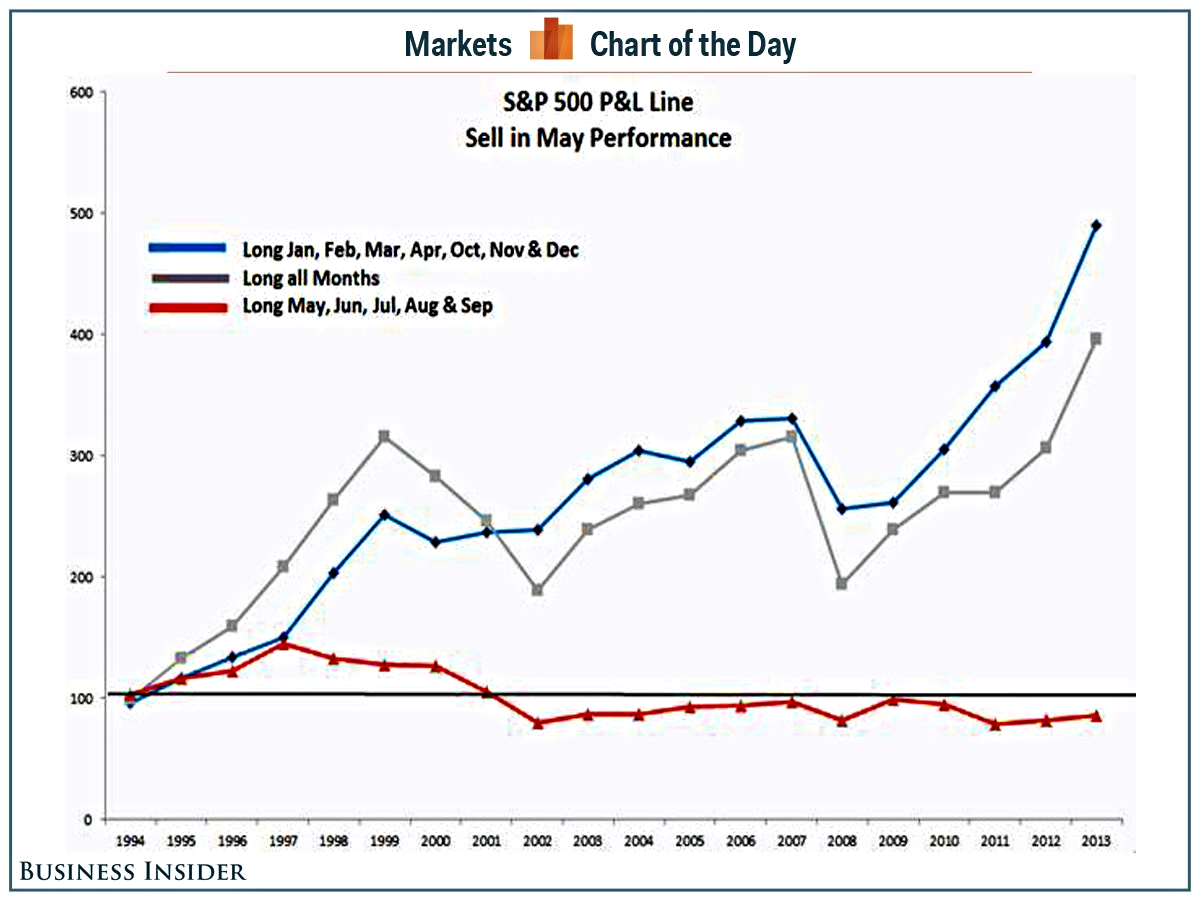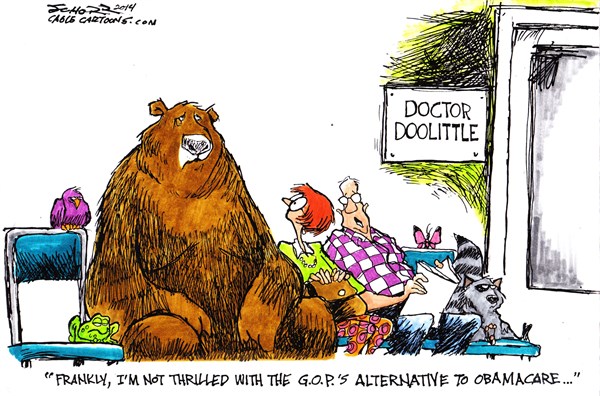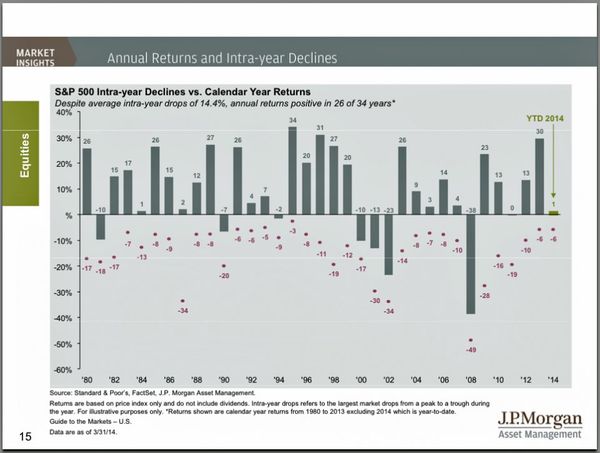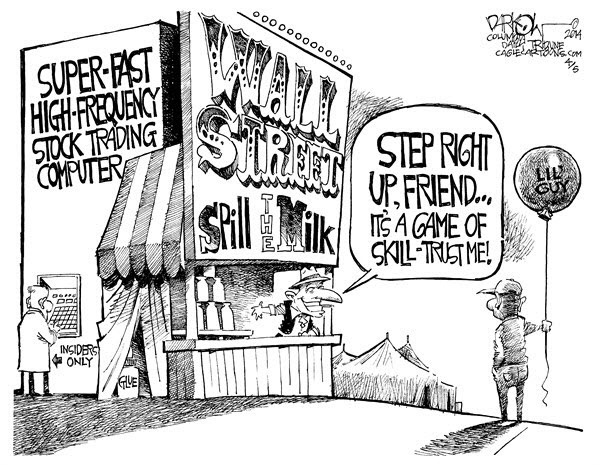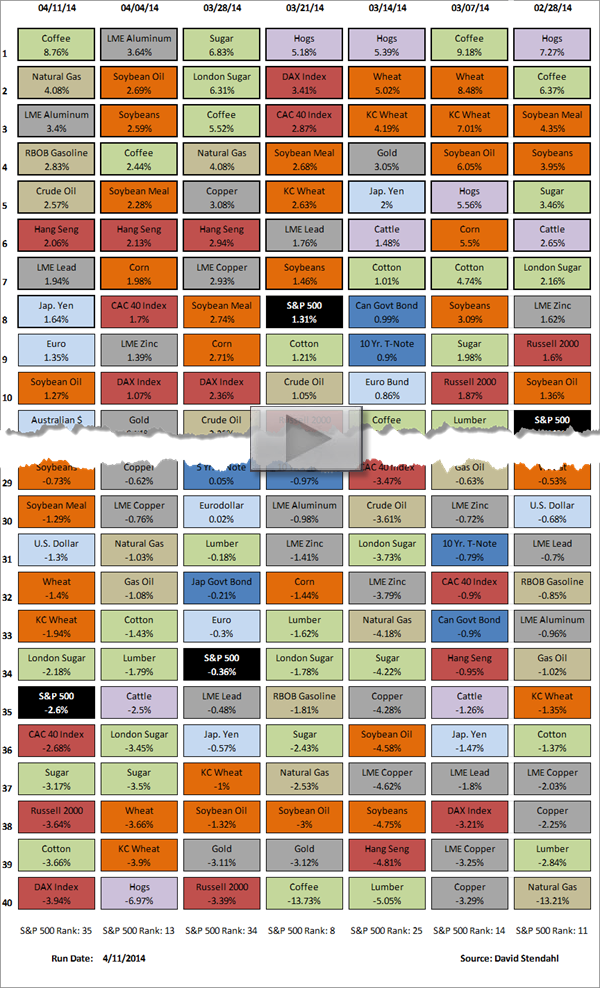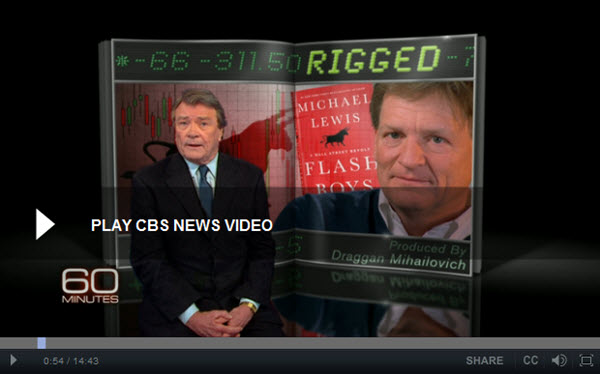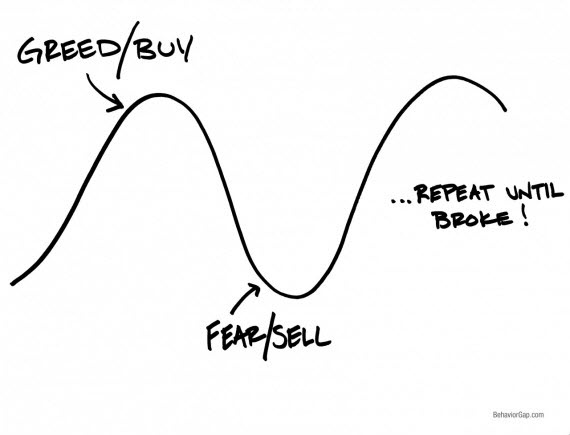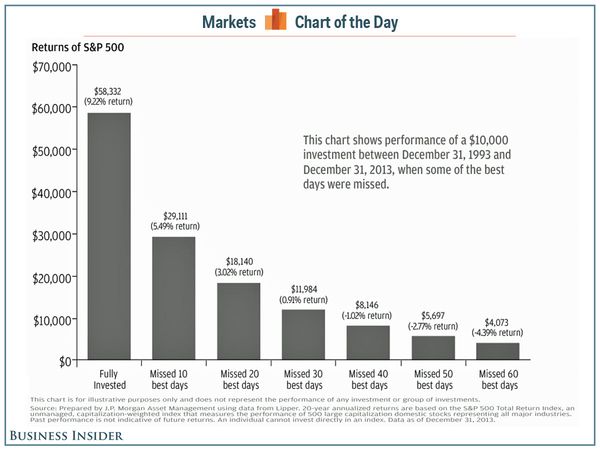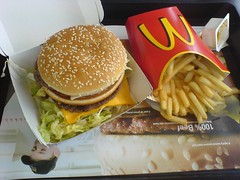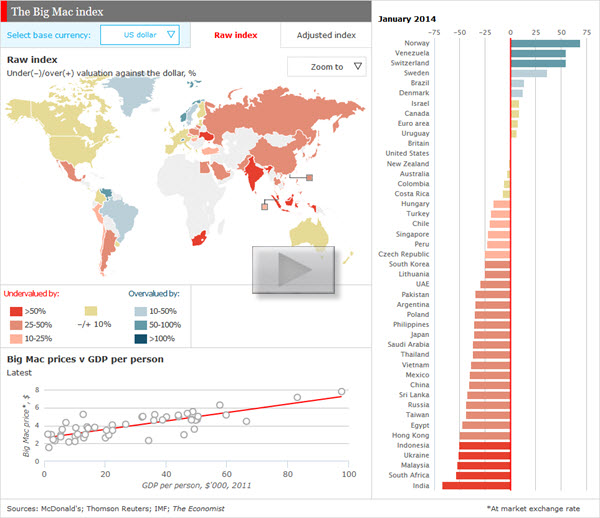Do you believe that our Democracy was bought and sold a long time ago?
Here are some of the posts that caught my eye. Hope you find something interesting.
- Why You Should Hustle Every Day. (TheNextweb)
- Discovering Two Screens Aren’t Better Than One. (NYTimes)
- You Could Read An Entire Harry Potter Book In Under 90 Minutes With This App. (HuffPost)
- 35 Expensive Things for Your Dream House. (Distractify)
- Military's 'Iron Man' Suit May Be Ready to Test This Summer. (LiveScience)
- Remember Lotus Notes? It's Still a Billion-Dollar IBM Business. (WSJ)
- What Will Robots Do to Property Values? (Freakonomics)
- Can Emerging Market Bonds Help Us Predict the Next Bear Market? (FinancialSense)
- How Do You Rein In High Speed Trading? (Points and Figures)
- Welcome to the Odd World of Alternative Currencies. Believe it or not, they're coming. (Futures)

